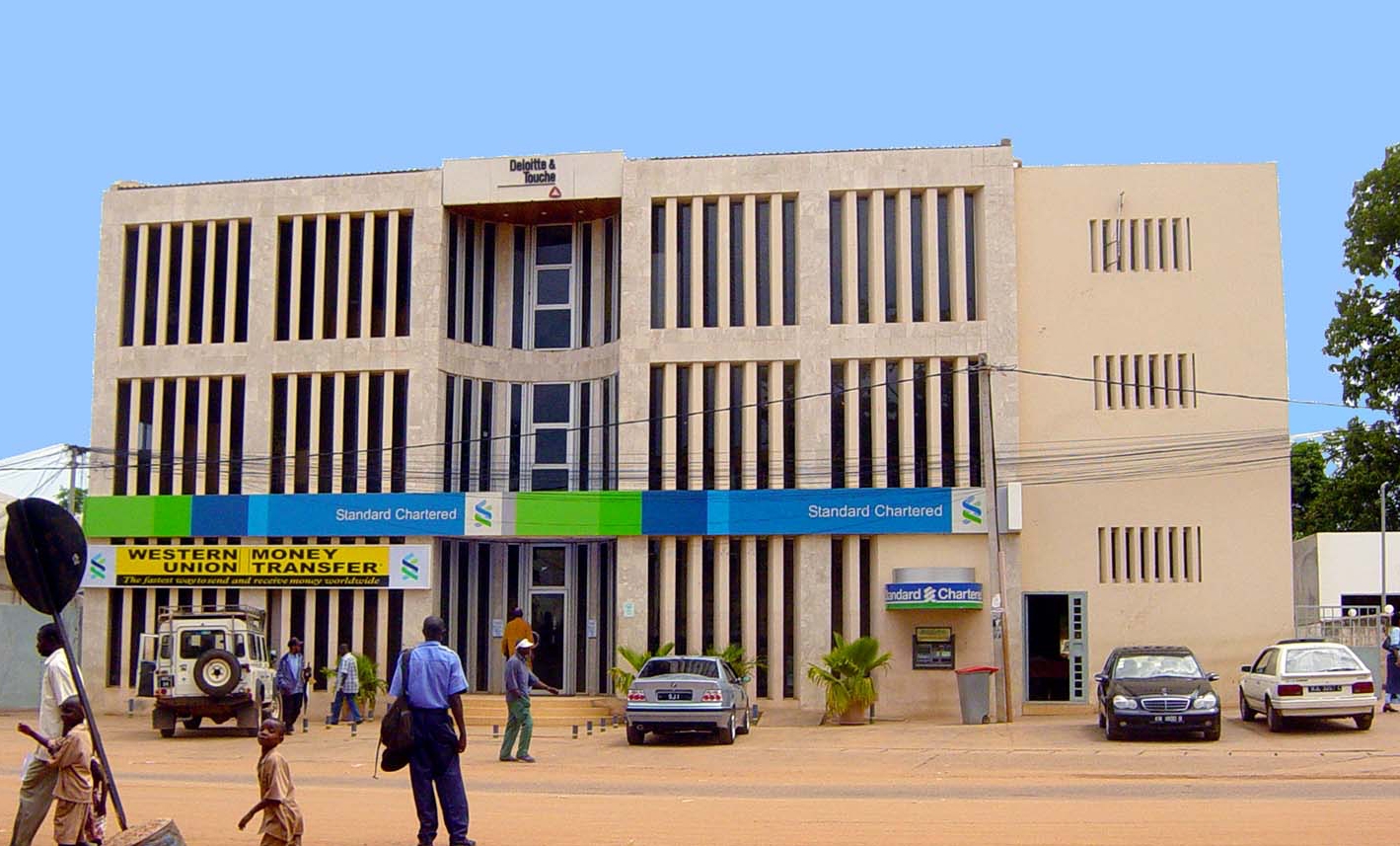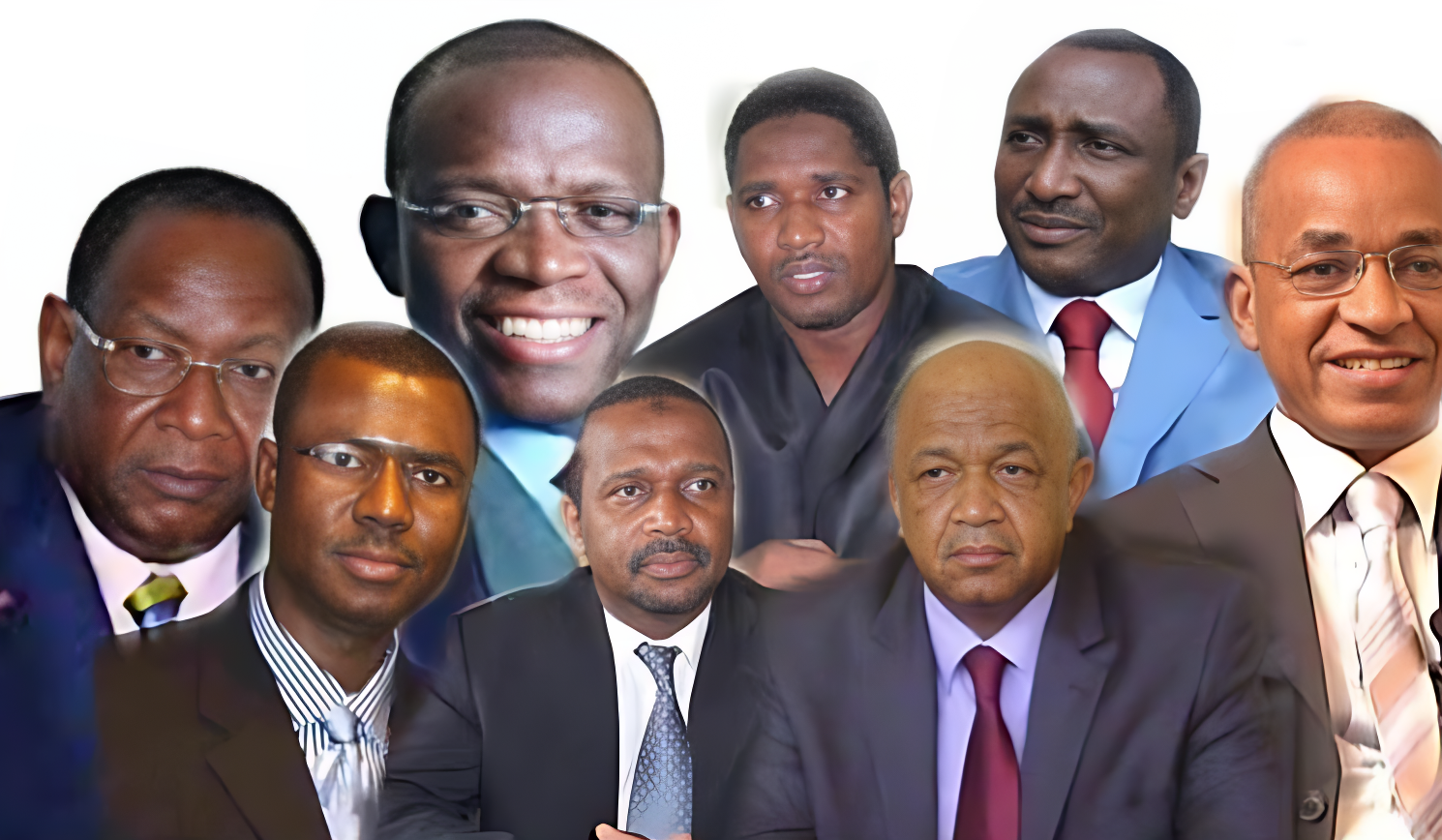Gambiaj.com – (BANJUL, The Gambia) – Ms. Hortense Minishi, speaking on behalf of the Kenya Legal and Ethical Issues Network on HIV and AIDS (KELIN), has called on African leaders to treat healthcare as a fundamental human right and to adequately finance their health systems to end preventable deaths across the continent.
Addressing the 85th Ordinary Session of the African Commission on Human and Peoples’ Rights currently underway in The Gambia, Ms. Minishi said inadequate health financing remains one of the greatest barriers to realizing the right to health guaranteed under Article 16 of the African Charter and other international, regional, and domestic frameworks.
She lamented that despite the Abuja Declaration’s 15% budget allocation target for health, most African states continue to spend far less.
“The consequences are stark: under-resourced health systems, life-saving medicines out of reach, unbearable out-of-pocket spending, and millions of preventable deaths. Women, children, persons with disabilities, and marginalized communities bear the heaviest burden. This persistent exclusion undermines dignity and healing, which reparatory justice seeks to restore,” she told the Commission.
Ms. Minishi emphasized that Africa’s health crisis is rooted in deep historical injustices, citing legacies of slavery, colonialism, and extractive economic systems that enriched others while leaving African health infrastructures fragile and underfunded.
“Colonial administrations invested in settler health and extractive industries, not in building universal systems for African populations. These distorted priorities were inherited at independence and reinforced by structural adjustment programs and debt regimes that continue to limit fiscal space for public health,” she said.
She added that global economic structures still divert African resources outward, deepening inequities and undermining access to affordable healthcare.
Reflecting on the theme of this year’s session, “Justice for Africans and People of African Descent Through Reparations,” Ms. Minishi said it serves as a reminder that reparatory justice, dignity, and healing must guide all deliberations. “Every preventable death caused by Africa’s neglected and underfunded health systems is not just a tragedy but also an echo of slavery, colonialism, and extraction that left the continent’s systems inequitable,” she stressed.
She warned that the 2025 USAID funding cuts have further deepened existing vulnerabilities, disrupting HIV programs, maternal and child health services, and malaria control.
According to UNAIDS, these cuts could result in up to 6 million new HIV infections and 4 million AIDS-related deaths by 2029, while studies predict over 14 million preventable deaths globally by 2030 if the cuts persist.
Ms. Minishi also cited World Health Organization (WHO) warnings that countries such as Kenya, Lesotho, South Sudan, Burkina Faso, and Nigeria may soon run out of life-saving antiretroviral medicines. She said the impact of these cuts extends beyond HIV programming, threatening to destabilize the entire health ecosystem.
KELIN’s representative urged the African Commission to position health financing as central to reparatory justice, dismantling colonial health financing legacies and ensuring dignity and redress for historically marginalized groups.
She called on the Commission to urge member states to increase domestic health financing in line with the Abuja Declaration, national constitutions, and other treaty obligations.
“Monitor and report on violations, and recommend sustainable, rights-based domestic resource mobilization strategies that reduce dependency on external donors. Encourage transparent, participatory, and gender-responsive budgeting processes that meaningfully involve civil society and affected communities,” she appealed.
Ms. Minishi further urged the Commission to hold states accountable during the reporting process and to press for concrete, practical measures to realize the right to health. She also called on international financial and development institutions to review harmful financing policies through a reparations lens.
In closing, Ms. Minishi expressed KELIN’s support for calls to pause the ratification of the AU Convention on Ending Violence Against Women and Girls to allow for an inclusive review aligned with existing African and international human rights standards.
“Honourable Commissioners, one thing is indisputable: universal health coverage cannot be achieved without adequate and sustainable financing. Health in Africa must never be treated as a privilege—it is a right. Financing it is not charity. It is reparations owed, justice due, and dignity,” she declared.










